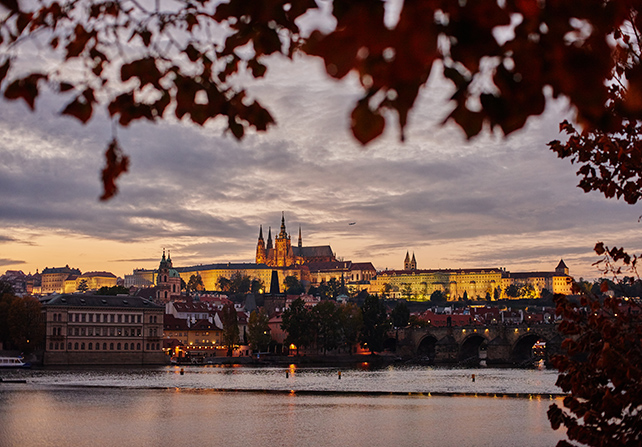The world's most popular drinks are water, tea, and beer, in that exact order.
Water rules everything, especially beer. Along with the other three key ingredients, it is essential for the outcome of the final product, as well as for the brewing efficiency. It is well known that the brewer's best friend is the sanitizer since absolutely every piece of equipment has to be squeaky clean. When it comes to water, the brewer's main ally is boiling. Boiling helps eliminate the bacteria that can spoil the wort and make the beer taste sour, which is usually not the desired outcome, except if one is actually brewing sour beer, which is a whole different story.
There are two main types of water, hard and soft. Hard water contains higher amounts of calcium and magnesium ions. Simply put, hard water is responsible for pipe scales at home, making them smaller due to the minerals found in the water. Soft water, on the other hand, has a significantly lower amount of minerals, which makes the plumbers in these parts of our planet extremely happy.
Throughout history, the availability of raw materials and the profile of local water influenced the brewing of local beers and dictated the development of certain beer styles, which might seem strange if we look at it from the perspective of today’s über-connected world where everything is available everywhere.
For example, Burton-on-Trent, a small town in the United Kingdom, became famous for its pale ale beers. Thanks to a very specific hard water profile (a high amount of calcium sulphate), the hop bitterness in their local pale ale beers was even more emphasized than in some other regions, defining the local beer industry back in the 19th century. The local hard water profile is one of the reasons why beer styles that are more on the malty side, such as stout and porter, were primarily brewed in Ireland. On the other hand, soft water found in the Czech Republic, with extremely low levels of calcium and magnesium, is perfect for lager beer, helping emphasize its fine, crispy taste. And is there anyone who hasn't heard of the spring water from the Rocky Mountains?
Image

Beerpedia
Image

